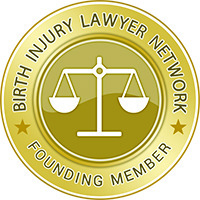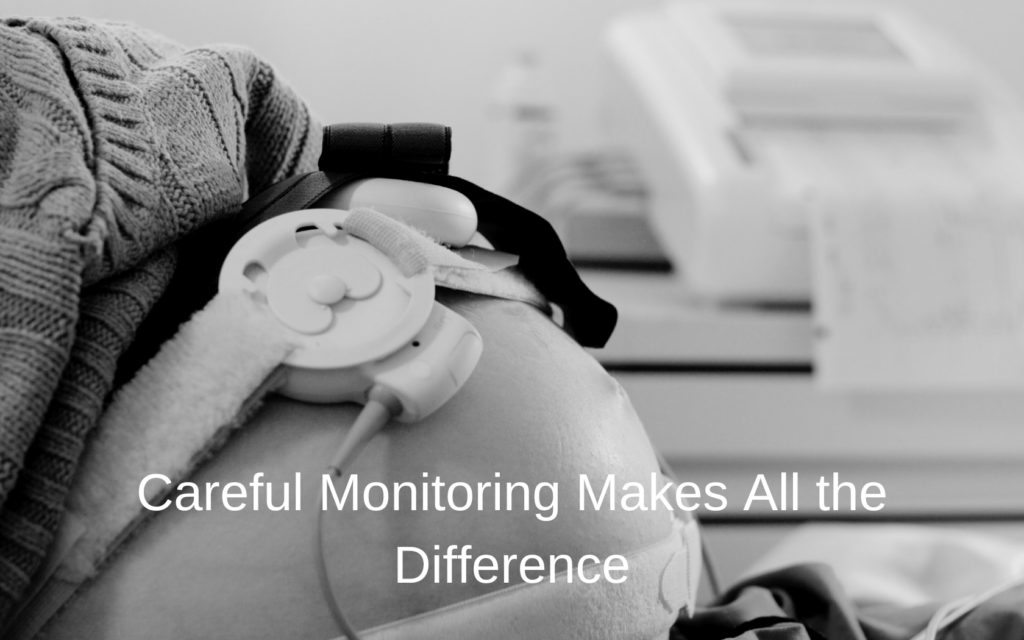Medical Malpractice Lawyers in Houston, Texas
60+ years of experience.
Millions of dollars recovered.

At Hampton & King, our success depends on the success of our clients. Our ability to provide these client-centered services comes from our philosophy

Medical Malpractice
Medical malpractice cases are very complex and confusing. You need a firm that not only has experience in this area, but has proven results and the resources to help. Backed by more than five decades of collective experience and a track record of success, Hampton & King is more than equipped to handle your medical malpractice case. We pride ourselves on helping clients who others turned away, so never hesitate to contact our firm.

Birth Injuries
The U.S. has one of the highest standards for obstetrical care in the world, yet labor and delivery remain amongst the most medically dangerous times for a woman. Even seemingly small missteps can threaten the lives of both mother and baby. When physicians fail to meet the standard of care, and babies or mothers are injured as a result, our Houston birth injury attorneys at Hampton & King are prepared to fight for justice.
One of the most confusing times in a person's life is the time after a serious injury – especially if that injury came at the hands of a trusted doctor, nurse, or other healthcare professional. At Hampton & King, we work with clients daily who have experienced trauma like this. We understand the confusion, the heartbreak, and sometimes even the outrage that can follow a malpractice event.
If you or someone you love was harmed by a medical mistake, here are your options:
- You have the right to speak with an attorney to discuss the merits of a claim. At Hampton & King, we encourage your inquiries. If you or a loved one sustained a serious injury and you believe that harm came as a direct result of negligence, malpractice, or wrongdoing, then we invite you to contact us today.
Day in and day out, Hampton & King handles birth injury and medical malpractice claims for plaintiffs. Over the years, we have come to understand the ins and outs of these cases: what the judge looks for, what type of evidence to present, and what the defendants will do. If you or someone you love believes they have a medical malpractice or birth injury case, consider the following questions:
- Was there a duty owed to the patient? This describes a doctor-patient relationship where the doctor (or other healthcare professional) had a duty to care for his or her patient.
- Was that duty breached? This describes a deviation from the acceptable standard of care.
What Is Medical Malpractice?
Medical malpractice is simply medical negligence. Health care providers must obey the "standard of care" for their specialty. For example, a nurse must act as a reasonably prudent nurse would act under similar circumstances. An obstetrician must do what a reasonably prudent obstetrician would do, and so on. If they fail to do so, they may are negligent. However, the negligence must be the "proximate cause" of legally-recoverable damages. Negligence that does not cause injury does not constitute a viable case. That is why consulting with a legal advocate right away is important.
How Do I Know if I Have a Case?
If you believe you have been the victim of medical negligence, you should have your case evaluated by an experienced medical malpractice attorney in Houston.
Voted "Best Law Firm"
for medical malpractice by U.S. News
A medical mistake can change your life forever, particularly when committed by the medical professional you trusted with your health. Hampton & King has been fighting for the rights of medical malpractice victims for more than 60 years. Our efforts have been recognized by US News, who named us one of the "Best Law Firms" for victims of medical malpractice.

Our Latest Blog Posts
Uterine Rupture During Labor and Birth Injuries
Uterine rupture during labor is one of the most terrible accidents that can happen during birth. But is it really an “accident”? Not always, according…
Hair Relaxer Lawsuits for Uterine Fibroids and Cancer
What would you give up in order to “fit in” and be accepted? For Jenny Mitchell, the first woman to file a hair relaxer lawsuit…
Failing to Read Fetal Monitoring Strips Can Lead to Birth Injuries
Fetal monitoring strips might look like a child’s jagged scribbles. But they hold much more meaning—and are often the key to preventing birth injuries. In…
HIE Cooling Therapy & Minimizing Brain Damage in Babies
HIE cooling therapy may seem like an odd medical practice. Lowering a baby’s body temperature? That’s downright dangerous, isn’t it? Not if it’s done in…
















